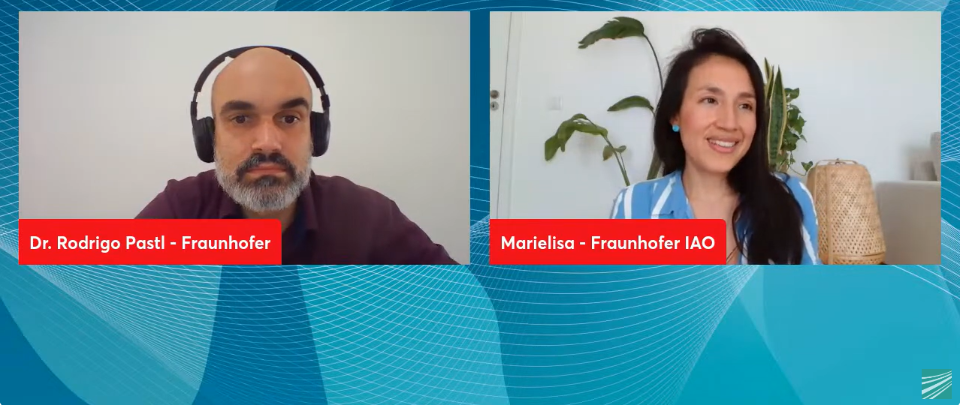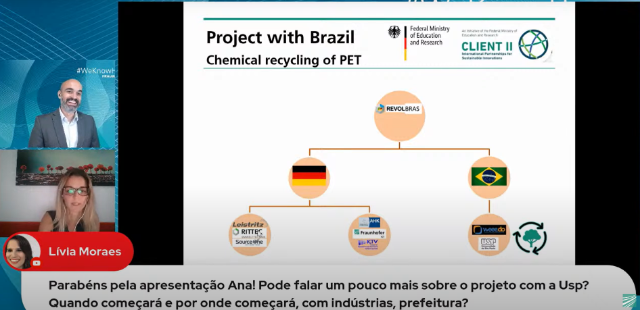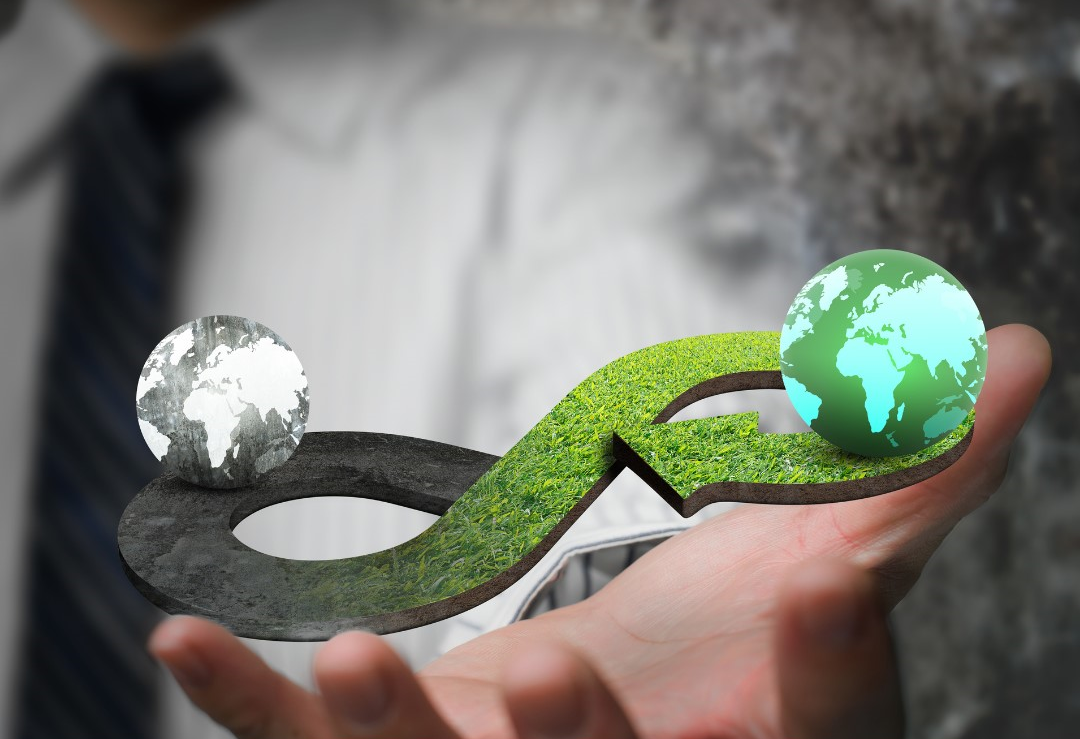Fraunhofer participates in projects in several countries for a sustainable future
The circular economy places sustainability as the main pillar in decision-making, bringing innovations to industry, commerce and public policy. In an increasingly globalized world, projects in the areas of energy transformation, smart cities and the integration of technologies from different countries are key to the success of the circular economy.
In this month's article, we present projects from 3 different Fraunhofer institutes that are benchmarks in each of these areas and are shaping the future of sustainability. Check them out below:
City of tomorrow - Fraunhofer IAO
An innovative methodology, initially developed by large German companies to improve sustainability indicators, is now one of the main references in smart cities, applied in large European cities such as Berlin, Portugal and Prague, as well as cities in Asia and Latin America.
The "city of tomorrow" (Morgenstadt) is a network of Fraunhofer Institutes, cities and companies. It was founded in 2012 by the Fraunhofer IAO (Institute for Industrial Engineering) to develop and test innovations for the "city of tomorrow", with various contributions to smart cities and the circular economy. In August 2023, Marielisa Padilla from Fraunhofer IAO participated in a live together with Fraunhofer Liaison Office Brazil and described various initiatives carried out by the institute, such as the project funded by the European Union, which focused on the use of "green corridors" for bicycles, sports and science, and the reuse of water for irrigation in agriculture and urban gardens.
Watch the full interview with lots of tips on how to develop smart cities in the video:

Privacy warning
With the click on the play button an external video from www.youtube.com is loaded and started. Your data is possible transferred and stored to third party. Do not start the video if you disagree. Find more about the youtube privacy statement under the following link: https://policies.google.com/privacyEnergy transformation - Fraunhofer ICT
Fraunhofer ICT (Institute for Chemical Technology) is one of the institutes supporting the energy transition in Brazil and has participated in important events together with SENAI Ceará for the development of Green Hydrogen. Brazilian researcher Ana Salles, from Fraunhofer ICT, attended the FIEC Summit in 2023, where SENAI Ceará signed a Technical Cooperation Agreement with the Pecém Industrial Port Complex.
Ana Salles has been working at Fraunhofer for more than 10 years and took part in one of our Quick Lives, where she explains the projects, the areas in which Fraunhofer ICT operates and the importance of the product life cycle, which is the tool that underpins all the main sustainability terms such as green deal, circular economy and the UN's famous sustainable goals. Check out the full interview at the right:

Privacy warning
With the click on the play button an external video from www.youtube.com is loaded and started. Your data is possible transferred and stored to third party. Do not start the video if you disagree. Find more about the youtube privacy statement under the following link: https://policies.google.com/privacyFraunhofer ICT works with several areas of expertise in the field of energy, with 5 main focuses:
1-) Drive systems for electric motor mobility: development of high-voltage drive systems for hybrid and pure electric mobility.
2 -) Batteries: research into new types of solutions for storing electrical energy, using batteries available on the market.
3-) Fuel cells and electrolysis systems: at Fraunhofer ICT, the development of materials for fuel cells encompasses not only the reduction of critical raw materials, but also the possibilities of converting liquid fuels into electricity.
4-) Thermal storage devices: development and production of thermal storage systems based on phase change materials (PCMs) and zeolites.
5-) Battery and hydrogen safety: using high-pressure hydrolysis, the institute is researching the production of hydrogen for the storage of excess electrical energy material, among other processes related to this area.
Circular economy in several countries - Fraunhofer ISI
The Circular Economy has achieved global visibility as a tool for sustainable economic systems. Sustainable products focus on resource-efficient production with sustainable materials, promoting longevity and further extending the life of products through repair and manufacturing. At the end of a product's useful life, materials are reintegrated into the cycle, usually through recycling.
The Circularity³ project of the systems and research institute Fraunhofer ISI illustrates the global impact of the circular economy. Fraunhofer ISI (Institute for Systems and Innovation Research), in collaboration with partners from Germany, Turkey, Taiwan, Japan and Thailand, are investigating the opportunities presented by the Circular Economy at a micro and macro level, bridging different national contexts across 14 time zones.
Collaboration with project partners provides information on the perception and relevance of the circular economy in their respective countries. The Circular Economy goes beyond mere recycling, addressing various phases of a product's life, including production, use and end-of-life. Check out 3 testimonials below about the circular economy in some countries:

Tawain: Pei Chiun Li, a researcher at National Taiwan University, sees Circular Economy as a way for Taiwan to achieve resource efficient production: "As an island with limited resources, Taiwan's future opportunities lie in improving resource efficiency. Implementing a circular economy can be one solution for Taiwan." He adds, "The ongoing strategies in Taiwan include improving the waste management system for a community with zero waste, advancing innovative green technologies for an effective recycling system, and developing industrial symbiosis for resource sharing and synergy."
Japan: Senior Researcher at the National Institute of Advanced Industrial Science and Technology (AIST), Mitsutaka Matsumoto, notes a shift in the perception of the Circular Economy: "The primary means of promoting the circular economy has been recycling, but in recent years the focus is extending to the value retention processes such as reuse, refurbishment, and remanufacturing."
Germany: Antonia Loibl, researcher at Fraunhofer ISI, emphasises the importance of measures to avoid production by changing consumption and use patterns: "Our research results for Germany show that the greatest potential for reducing material consumption can be tapped through avoidance measures and extending product lifetimes."
Text:
Lívia Moraes, Malte Besler, Fraunhofer ICT, Fraunhofer IAO
 Fraunhofer Liaison Office Brazil
Fraunhofer Liaison Office Brazil